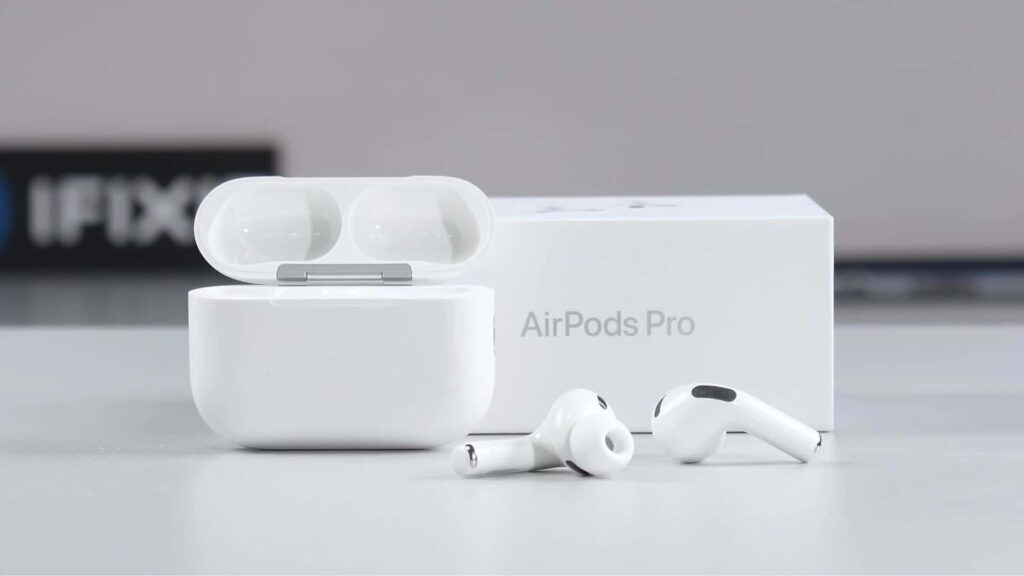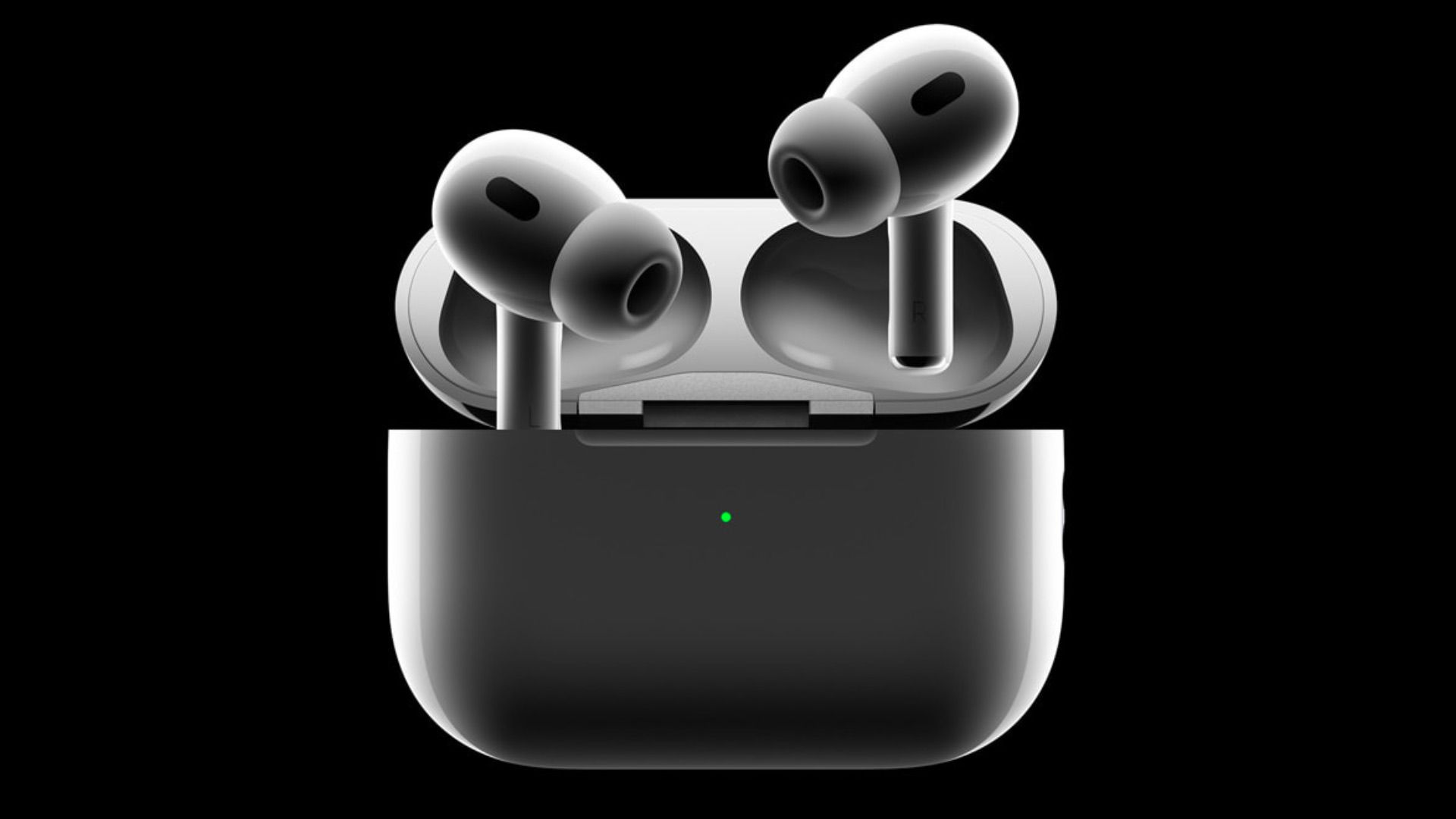Apple has quietly rolled out a new AirPods Pro 3 firmware update (version 8A358), bringing fresh improvements to sound performance and connectivity across its AirPods lineup. The update also applies to AirPods Pro 2, AirPods 4, and AirPods 4 Pro, and it lands just ahead of the upcoming iOS 26.1 release — suggesting Apple is preparing its ecosystem for tighter feature integration.
For many AirPods owners, firmware updates often go unnoticed. But this one seems to be part of a larger synchronization effort, potentially linked to enhanced Siri responsiveness, Bluetooth stability, and upcoming Live Translation features rumored to expand with iOS 26.1.
Why This AirPods Firmware Update Matters
Apple’s firmware releases for AirPods usually focus on performance, stability, and bug fixes, rather than flashy new features. However, this new version — 8A358 — arrives with timing that hints at something more strategic.
Over the past few iOS updates, Apple has been refining the way AirPods interact with system-level intelligence features such as Adaptive Audio, Personalized Volume, and Conversation Awareness. This firmware may refine how those features behave, especially on AirPods Pro 3 and AirPods 4, both of which support Apple’s new H2 chip and advanced noise control algorithms.
Apple hasn’t released official patch notes (as usual), but early reports from users and developers suggest subtle yet meaningful improvements in:
- Bluetooth connectivity and reduced pairing time between devices
- Sound optimization for music and calls
- Stability when switching between iPhone, iPad, and Mac
- Battery calibration accuracy for more reliable percentage readings
These refinements make sense as Apple prepares for the public release of iOS 26.1, which is rumored to expand AirPods-related Siri capabilities and real-time translation support across more regions.

How to Check Your AirPods Firmware Version
Since AirPods firmware updates install automatically, you won’t find a “Download” button anywhere in Settings. However, you can easily check your firmware version manually to confirm if your device has received the update.
Here’s how:
- Connect your AirPods to your iPhone or iPad.
- Go to Settings → Bluetooth.
- Tap the “i” icon next to your AirPods.
- Look for the Firmware Version field — it should show 8A358 after the update.
If you haven’t received it yet, don’t worry — AirPods updates typically roll out in phases and install automatically when your earbuds are in their case, charging, and near a connected Apple device with internet access.
What Devices Are Included in the Firmware Update?
Apple’s latest firmware, version 8A358, has been confirmed for the following models:
- AirPods Pro (3rd Generation)
- AirPods Pro (2nd Generation)
- AirPods (4th Generation)
- AirPods (4th Gen Pro)
That means every active model in the current AirPods lineup now shares the same software foundation, which simplifies performance tuning across the board.
This move also reflects Apple’s broader strategy to unify firmware versions across similar device families — similar to how iOS, iPadOS, and watchOS releases have become synchronized for easier ecosystem management.
Firmware Updates: What They Usually Improve
While Apple rarely provides changelogs for AirPods firmware, past updates have focused on:
- Improved Automatic Device Switching: Reducing delay when switching between iPhone, iPad, and Mac.
- Enhanced Audio Quality: Particularly noticeable during calls or spatial audio playback.
- Noise Cancellation and Transparency Tweaks: Adjusting how ambient noise is handled.
- Bluetooth Stability: Fixing intermittent disconnections or stuttering issues.
- Adaptive Audio Behavior: Fine-tuning how AirPods adjust to environmental sound levels.
This latest update likely continues in the same vein, fine-tuning core experiences rather than introducing brand-new features. However, the timing before iOS 26.1 suggests that Apple may be aligning this firmware to prepare for next-gen AirPods experiences.
Expert Insight: What This Means for Users
Tech analysts at 9to5Mac and MacRumors believe that this firmware release could pave the way for expanded Live Translation support, a feature currently being tested in beta for iOS 26.1.
The idea is that users will be able to hear real-time translations through their AirPods while another person speaks in a foreign language. Such a feature could become a major highlight of Apple’s push into AI-powered accessibility and communication tools.
Moreover, with the H2 chip’s improved computational audio capabilities, Apple has room to enhance voice recognition and environmental adaptation without needing new hardware — just smarter firmware.
In essence, while the changes might feel invisible today, they’re likely laying the groundwork for smarter, more responsive AirPods experiences over the coming months.
How to Make Sure You Get Future Firmware Updates
Since Apple doesn’t allow users to manually update AirPods firmware, the best way to ensure you’re always up to date is to follow these steps:
- Keep your iPhone or iPad updated to the latest iOS version.
- Place your AirPods in their charging case and plug it in.
- Keep your AirPods near your Apple device and connected to Wi-Fi.
After some time, the firmware update installs silently in the background. You’ll know it’s complete once the version number changes in Bluetooth settings.
The Bigger Picture: Apple’s Evolving Audio Ecosystem
Apple’s AirPods lineup has evolved from simple wireless earbuds into a core part of its wearable ecosystem. The AirPods Pro 3 and AirPods 4 now integrate deeply with iOS features like Spatial Audio, Head Tracking, Personalized Volume, and Adaptive Transparency.
Firmware updates like 8A358 keep these experiences smooth and cohesive — ensuring that your AirPods remain reliable companions whether you’re on a call, listening to music, or using them with your Apple Vision Pro headset.
As Apple continues to blur the lines between software and hardware, firmware will play an increasingly vital role in enabling AI-driven sound experiences.
Final Takeaway
The new AirPods Pro 3 firmware update (version 8A358) might not bring visible changes, but it’s a crucial step toward refining Apple’s audio performance and preparing for the iOS 26.1 rollout.
For now, users can expect smoother connectivity, better reliability, and the groundwork for more intelligent features — especially as Apple pushes deeper into real-time translation, adaptive audio, and AI-powered hearing enhancements.
If you haven’t yet received the update, be patient — it’s rolling out gradually and will install automatically when your AirPods are charging near your Apple device.










